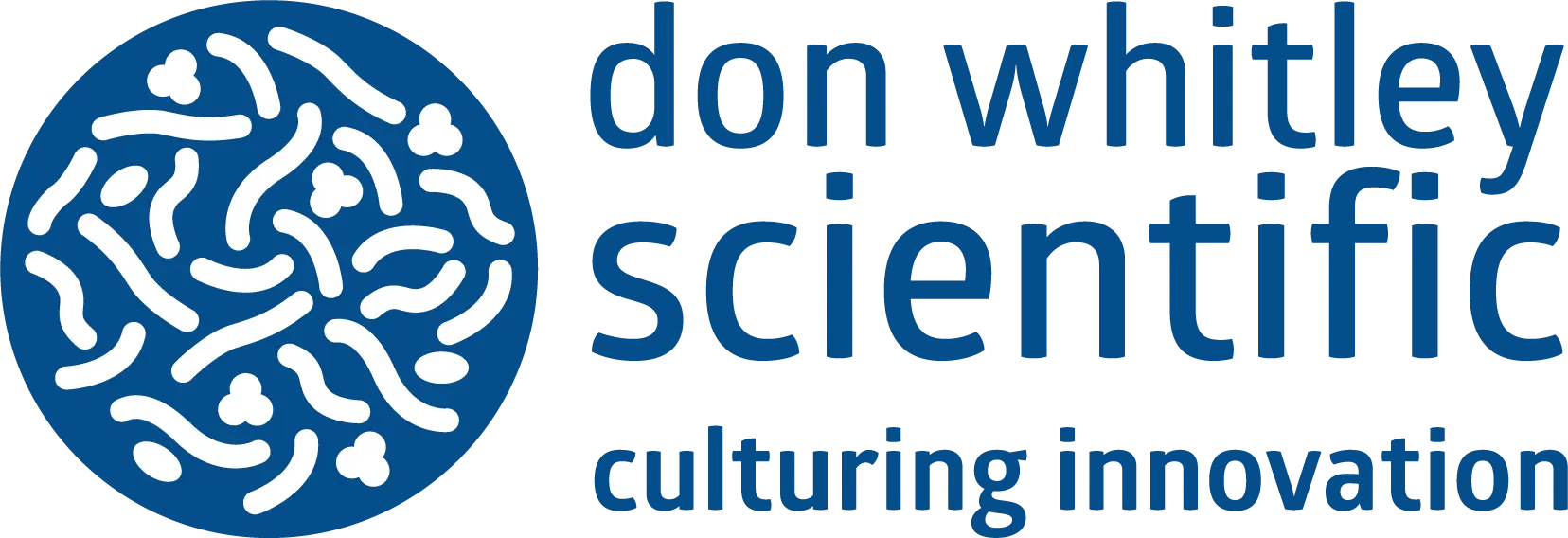
Jon Vernon shares with us his experience using the Whitley Microaerobic Workstation at the School of Dentistry in Leeds. As the most flexible of the Whitley range, our microaerobic workstations offer the unique ability for resource sharing between departments. Due the nature of the M range, a user may generate anaerobic, microaerobic or hypoxic conditions, while maintaining tight control over various parameters. Watch the video below to hear all about Jon’s work.
"My name is Jon Vernon. I am a Research Fellow from the Division of Oral Biology in the School of Dentistry at the University of Leeds. To reflect the many clinical scenarios of the oral cavity, much of the microbiological research carried out with our group requires the culture of oral microbes and pathogens that demand highly controlled environments, such as one of oxygen depletion. We often grow defined and complex oral biofilms in anaerobic conditions to be challenged with novel antimicrobials or co-cultured with mammalian cells to identify holistic responses. My research is currently focused on peri-implant infections, where the long-term survival or failure of a dental implant is often dependent on the build-up of microbial plaque on an implant’s surface. By culturing bacteria with a range of requirements on the surfaces of implant materials, we can determine the optimal surface finishes for the reduction of the microbial burden. These experiments can take several weeks to perform, and the cultured biofilms must be maintained in strict anaerobic environments throughout.
One of the major benefits of our Whitley Microaerobic Workstation is the reliability. Since the M55 is central to many of the research projects ongoing at any given time, it really allows the freedom and space to be able to perform these experiments, safe in the knowledge that any change to the bacterial environment is a variable intentionally adjusted over the course of the experiment. Also, when it’s not in direct use, the workstation uses very little gas, saving us time, effort and money replacing gas cylinders.
Many of the pathogens associated with oral diseases are commonly studied in strictly anaerobic conditions, and strong correlations can be observed with what is happening in the mouths of patients. However, the oral cavity is made of pockets and gradients of different gas mixtures, so, for instance, we would expect exposures to differing oxygen levels at any given time. It has been demonstrated that Porphyromonas gingivalis, a key oral pathogen, responds differently to microaerophilic environments and oxygen challenges. Furthermore, a key organism associated with aggressive periodontitis, Aggregatibacter actinomycetemcomitans, thrives in increased CO2 concentrations and is another potential focus for future research. Ultimately, the adaptability of the M55 workstation, means that we are not limited in our research thinking. The ability to alter the atmosphere within the chamber, beyond a purely anaerobic environment, really opens up new pathways, offering us the potential to investigate microbial interactions in defined environments, in the future.
The four entry ports allow simultaneous operation by two users, which is crucial in a busy research environment, and this eases some of the constraints around booking time with the equipment. The spacious interior is sufficient to house multiple researchers’ experiments at any given time, storing stacks of agar plates, broth cultures and equipment. The built-in power sockets offer further flexibility, allowing us to use equipment, such as vortexes or shakers, without risking introducing oxygen into our samples.
Another really useful feature is the adjustable height stand. It is perfect for finding the most comfortable position to work in. This is ideal in a busy lab with people with a range of different statures and helps ease some of the potential posture problems arising when working for long periods at a time.
All of these features mean that we would really be lost without this workstation. Having said that, the after sales support is therefore crucial. The service from the Don Whitley Scientific engineers is impeccable, often being on site the same day to help resolve any issues, big or small. The two departments I have worked in across the University have both heavily relied on Whitley Workstations and there are reasons for that. Primarily reliability and support."


 au
au

 English
English